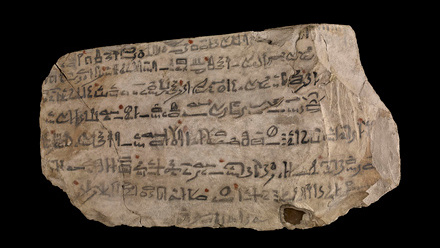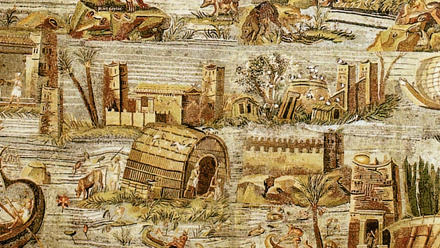This is a Joint Online Course between the EES, SPRS and SPHS. Funds generated from ticket sales will directly contribute to the ongoing work of each organisation.
This course looks at the twilight history of Egypt when, as a Greek Kingdom, it sat in two worlds: that of Egypt, in which life for many continued as it had done since time immemorial, and that of the Hellenistic world, the legacy of Alexander the Great. The Hellenistic World, though, was declining under the growth of Roman power in the Eastern Mediterranean. Into this mix came Egypt's new queen, Cleopatra VII. Perhaps the most famous woman of antiquity, she is also one of the most controversial. She was vilified by Roman sources for her ambitions (as they saw it) to become Queen not only of Egypt but Rome as well. However, her motives and ambitions and the nature of her relationships with both Julius Caesar and Marcus Antonius were ultimately unclear.
The defeat of Cleopatra and Antonius at the Battle of Actium in 31 BCE meant the end of the Ptolemaic Dynasty; in 30 BCE Egypt was annexed and became a province of Rome. How much, though, changed in Egypt under yet another period of foreign rule? What were the distinctive features of Egypt during this period? Greek papyri, which survive in the hundreds of thousands, make Egypt in this period of history the most highly documented by far. Is it possible to cut through the hostile and biased literary sources to understand the true nature of Egypt during this turbulent period, and how then did Egypt fit into the new Roman Empire of Augustus and his successors?
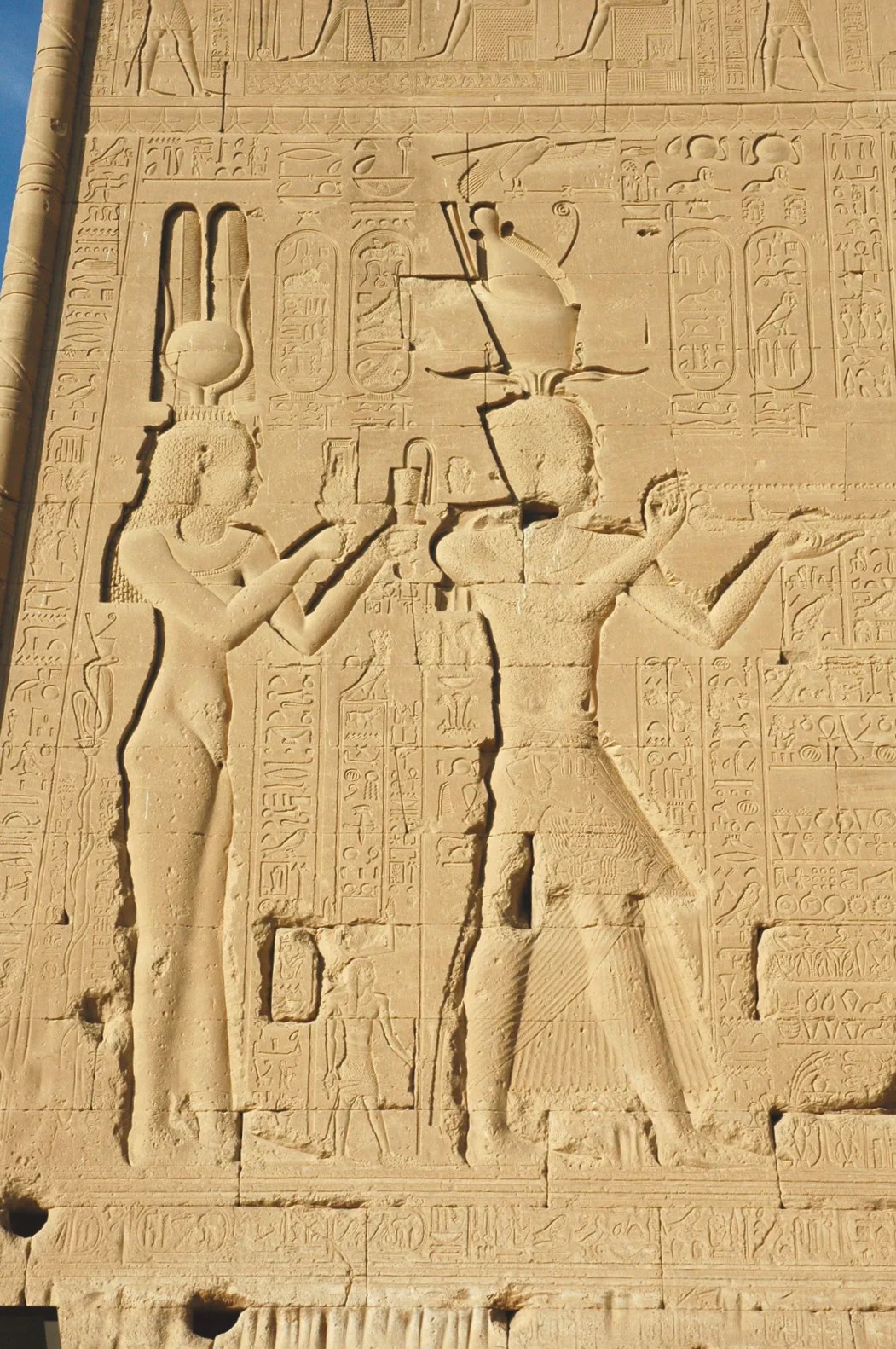
Cleopatra and Caesarion in a temple scene at Dendera.
Participants will be introduced to the history of Ptolemaic Egypt (332–30 BCE) and how this influenced Cleopatra VII's life and times. They will also come to understand the significance of the annexation of Egypt as a Roman province (30 BCE–395 CE). They will be introduced to the exceptionally rich evidence provided by Greek papyri from Egypt, what this can tell us about the history of Egypt in this period and how a Roman province was formed. The EES holds perhaps the most important and largest collection of all, the Oxyrhynchus Papyri, among many others. These important documents will be showcased.

Those taking the course will benefit most from it if they have some general knowledge of the main historical developments of the period, but specific knowledge of the documents of Ptolemaic and Roman Egypt is not required.
Course Outline
Please note that main content will be delivered between 18:00-19:30, though some optional participation (quizzes, Q&A, etc.) may continue beyond that time.
Thursday 15 August 2024, 18:00-19:30 (UK time)
Week One - The Two faces of Ptolemaic Egypt
The first lecture will explore the end of Persian rule in Egypt after their defeat by Alexander the Great, Alexander's visit to Egypt, and the subsequent kingdom established under Ptolemy I Soter. How did Ptolemy legitimize his rule as pharaoh over the Egyptian population yet at the same time rule over a Greek Kingdom? How did the population fare under Ptolemaic rule, which extracted the wealth of Egypt to support their Mediterranean-facing foreign policy?
Thursday 22 August 2024, 18:00-19:30 (UK time)
Week Two - Egypt and Rome
In this second lecture, we will consider the decline of the Ptolemaic Kingdom and the increasing influence of Rome, which by the mid second-century BCE had become the dominant power in the Mediterranean region.
Thursday 29 August 2024, 18:00-19:30 (UK time)
Week Three - Cleopatra VII
The third lecture will focus on the reign of Cleopatra and her relationship with Rome, looking not only at Graeco-Roman accounts but also the Egyptian evidence. What can we make of the figure of Cleopatra and can we cut through the Roman propaganda?
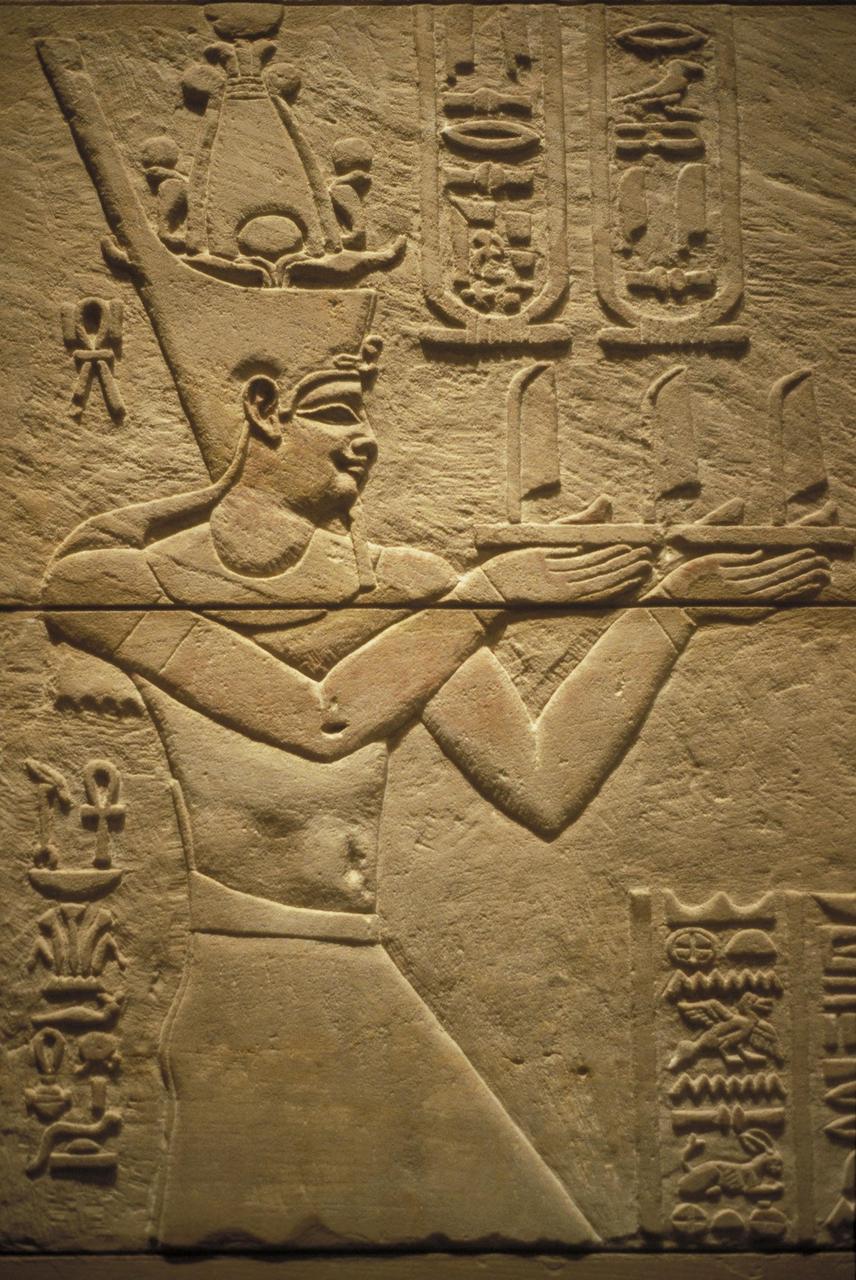
Augustus shown on the Gateway of Kalabsha Temple, (Berlin, Aegyptische Museum).
Thursday 5 September 2024, 18:00-19:30 (UK time)
Week Four - Aegypto Capta
After the defeat at Actium, and with the death of Cleopatra, the Ptolemaic Dynasty ended. Octavian, the future emperor Augustus, in his great inscription the Res Gestae Divi Augusti, claimed to have added Egypt to the empire of the Roman people, and coins with the words Aegypto Capta ('Egypt has been Captured') were issued. What arrangements were made for the new province; what was the level of continuity or innovation between the previous kingdom and the new province?
Thursday 12 September 2024, 18:00-19:30 (UK time)
Week Five - A Roman Province
The final lecture assesses Egypt's importance to the Roman Empire. The papyri offer a view of everyday life and give voices to the inhabitants of the province unparalleled in the ancient world. They reveal a hybrid culture, in which Egyptian, Greek, and Roman characteristics exist side by side in all aspects of life. The long history of Egypt does not end with the demise of dynastic rule, but continues into the Coptic Period (but that is another story).
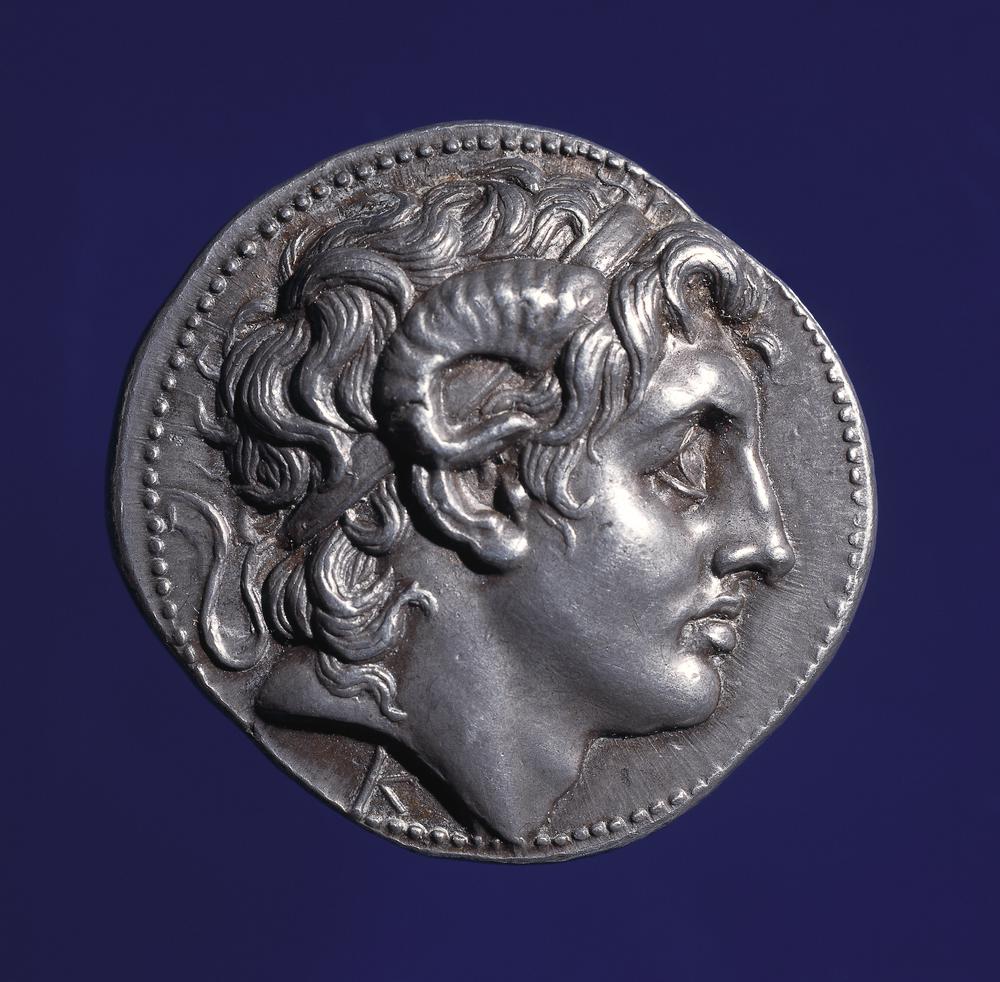
A coin of Lysimachus, showing Alexander as Zeus Ammon (British Museum, 1919,0820.1).
Booking and information
Register for your place in advance using the link below. After registering, you will receive a confirmation email containing information about your booking. If you do not receive your email, then please check your junk folders before contacting the Egypt Exploration Society. The course will be held on our Zoom platform and attendees will be able to interact by asking questions, using the chat and polls. It is not necessary to have a working webcam or microphone for this course. The classes will be recorded and made available to attendees for one month after the course ends. The online course will be complemented by Google Drive, where resources will be uploaded.
Please ensure that you have read our guide to attending EES online events before the course begins.





